Minister of Public Security To Lam said many agencies and hotels often keep guests' ID cards or citizen identification cards, but according to regulations, no one has this right.
Discussing in groups at the National Assembly about the draft Law on Citizen Identification (amended) on the morning of May 10, Minister of Public Security To Lam affirmed that the identification card is an inseparable part of the citizen's life, no one has the right to keep it, except in cases of law violations where it is kept by competent authorities to serve the investigation.
People only need to present their citizen identification cards so that agencies and hotels can record their names and identification numbers. When necessary, the units will check this information. "What will happen if people enter a hotel and their citizen identification cards are kept and used to withdraw money while they are absent?", the Minister of Public Security asked.
General To Lam affirmed that citizen identification cards do not have the function of supporting tracking and positioning, because the card does not have waves or signals.
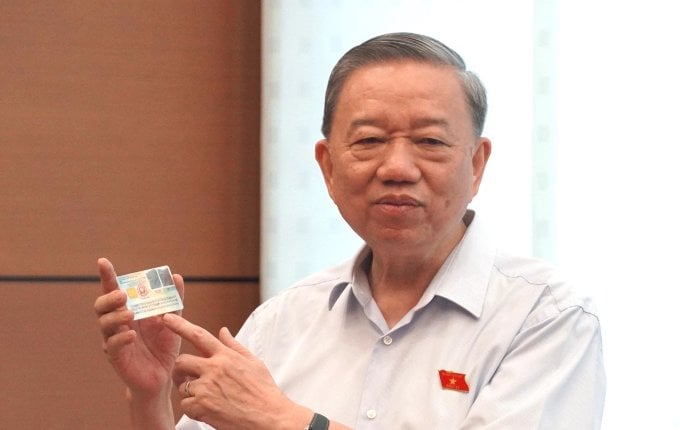
Minister of Public Security To Lam. Photo: Hoang Phong
Proposal to rename the Citizen Identification Law to the Identification Law
According to the Minister, the ID card is not a citizen certificate. The ID card is used to identify basic information such as who you are, your name, your origin; used to conduct transactions and administrative procedures. There are people who have been deprived of their citizenship but still need an ID card to serve their property ownership. Therefore, the term citizen ID card is not correct.
Minister To Lam said the cost of building the National Population Database is 3,000 billion VND. In the near future, agencies will not need to conduct a population census, saving the budget 1,500 billion VND. The data is also connected to other sectors (health insurance, driver's licenses, diplomas and certificates), serving people in many administrative procedures, "saving hundreds of thousands of billions of VND".
Holding a citizen identification card in his hand, Minister To Lam said the card has applied new technology, more advanced than many other countries. The code on the card can be used for both domestic and international flights. In the near future, when ASEAN countries complete negotiations, people can use citizen identification cards instead of passports to travel to Southeast Asian countries.
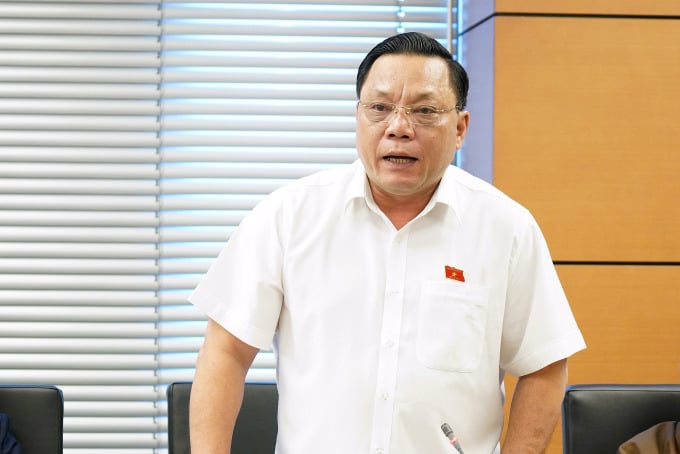
Lieutenant General Nguyen Hai Trung, Director of Hanoi City Police. Photo: National Assembly Media
Lieutenant General Nguyen Hai Trung, Director of Hanoi Police, said that with the name of the Law on Identification, the scope of regulation will be expanded, in addition to Vietnamese citizens of Vietnamese origin whose nationality has not been determined. The bill also adds provisions for granting identification cards to groups of stateless Vietnamese origin living in the country.
For example, in the South, many Khmer people from Cambodia return without papers, and the authorities have collected a database on this group of residents. Therefore, the Law needs to be regulated to ensure legitimacy, better guarantee human rights, and serve the State management of security and order.
Regarding the regulation on issuing ID cards to people under 14 years old, Lieutenant General Nguyen Hai Trung said that the draft law only encourages and does not require them. In fact, children also have many activities that require identification and authentication, from going to school, going to the doctor, traveling by public transport. Current birth certificates do not have identification, no photo, no biometrics; and are easily damaged or torn. Therefore, the ID card will overcome the above limitations and meet the criteria of being easy to use, easy to use, and easy to preserve.

Delegate Vuong Thi Huong. Photo: National Assembly Media
In Ha Giang, delegate Vuong Thi Huong said that citizen information in the National Population Database has regulations on blood type, but in reality, not everyone knows their blood type, especially ethnic minorities and disadvantaged areas. Therefore, if blood type information is required, it will cost people time and money for testing, and not everyone will be able to do it.
Therefore, the female delegate proposed to maintain the current Citizen Identification Law, which states that information about blood types will be updated when citizens request and present blood type test results. Or the drafting committee should stipulate a roadmap for updating information about blood types to ensure feasibility.
She also believes that there should be flexible regulations on DNA biometric information according to citizens' needs instead of being mandatory. Furthermore, this needs a roadmap because the cost of DNA testing is relatively high, and not all citizens can afford it.
The draft Law on Citizen Identification (amended) will be discussed by the National Assembly in the hall on June 22.
Viet Tuan - Son Ha
Source link




![[Photo] Binh Thuan organizes many special festivals on the occasion of April 30 and May 1](https://vphoto.vietnam.vn/thumb/1200x675/vietnam/resource/IMAGE/2025/5/1/5180af1d979642468ef6a3a9755d8d51)


![[Photo] "Lovely" moments on the 30/4 holiday](https://vphoto.vietnam.vn/thumb/1200x675/vietnam/resource/IMAGE/2025/5/1/26d5d698f36b498287397db9e2f9d16c)



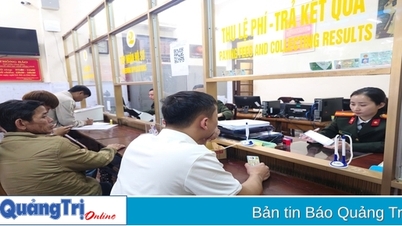









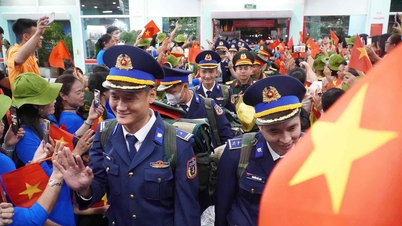











![[Photo] Ha Giang: Many key projects under construction during the holiday season](https://vphoto.vietnam.vn/thumb/1200x675/vietnam/resource/IMAGE/2025/5/1/8b8d87a9bd9b4d279bf5c1f71c030dec)













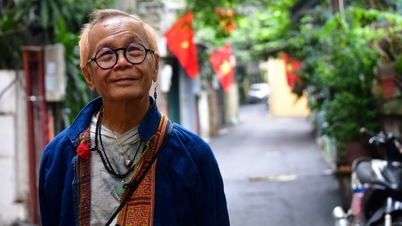



































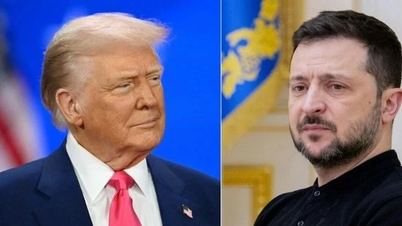


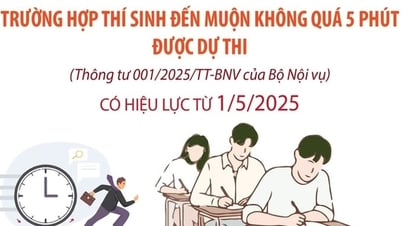
















Comment (0)